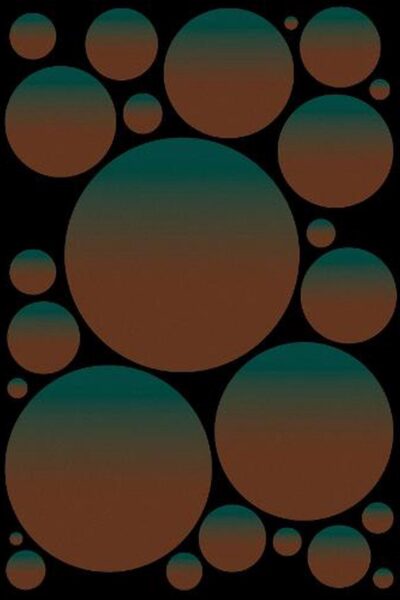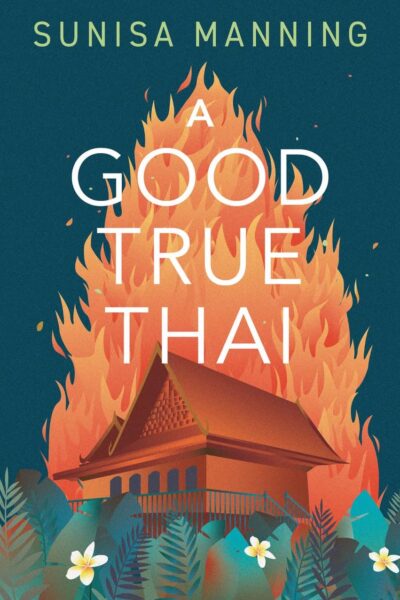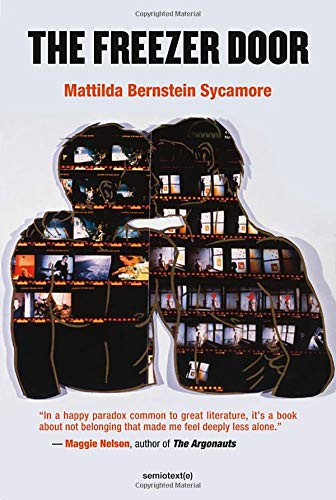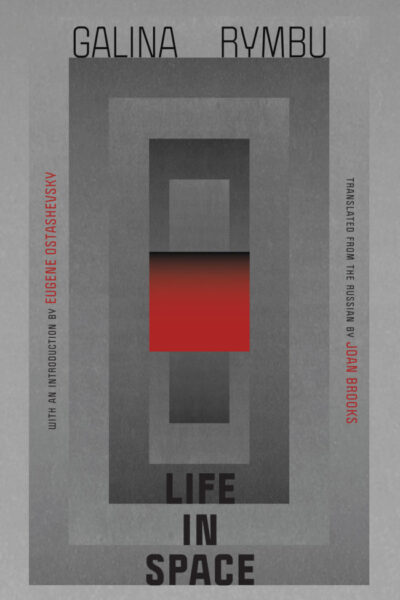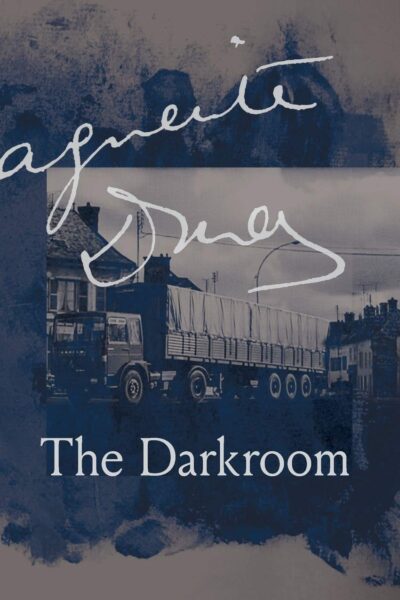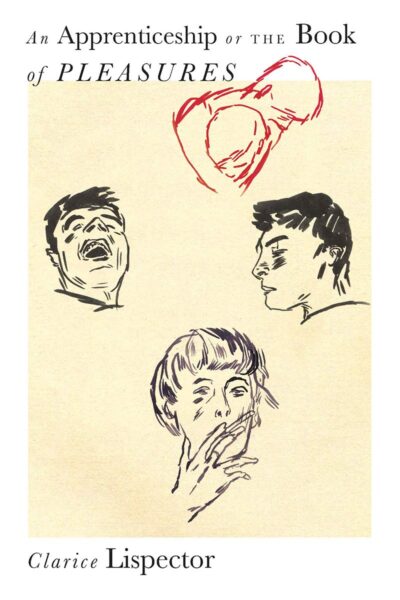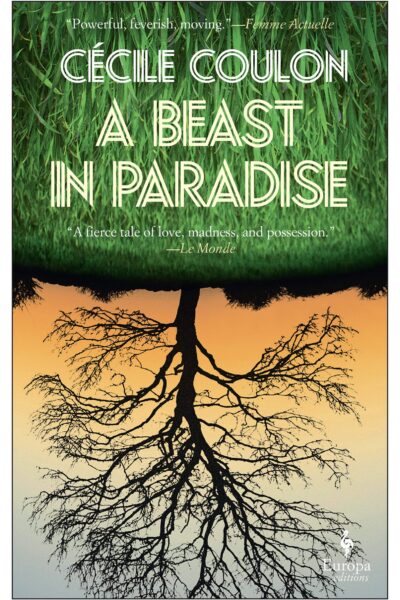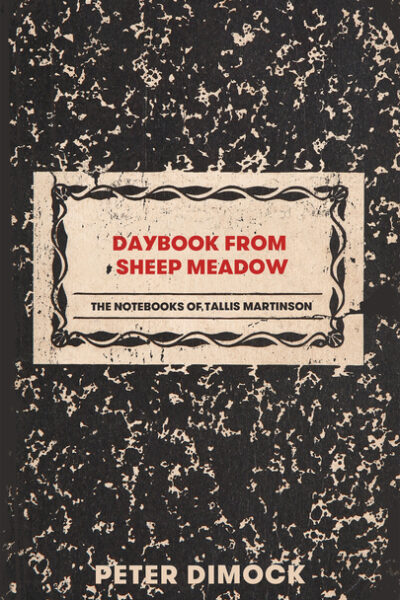This is an experiment in explaining what it means to inhabit a body, a mother’s body, a baby’s body in this world and in other worlds.
A Good True Thai – Sunisa Manning
Though the action takes place nearly a half-century in the past, the novel’s core theme — resistance to entrenched power — could hardly be more relevant.
About 50 pages into Ferenc Barnás’s The Parasite I settled myself down for a ride that I thought would be like one of Thomas Bernhard’s, but darker, and more oblique
The Freezer Door – Mattilda Bernstein Sycamore
Mattilda Bernstein Sycamore’s THE FREEZER DOOR is an important book because it challenges our assumptions about the world, and in doing so, gives us hope that an alternative might be possible.
Rymbu’s frozen utopias, fiery refineries, crashing celestial bodies offer a flight-map, a conviction that poetry will be our door to the language, thought, and communion of freedom.
Lloret leans into the uncanny and absurd to illustrate the devastating and very real effects that capitalism and climate change have on everyday Chileans.
The Darkroom – Marguerite Duras
In distilling a great deal of the mechanisms that make Duras one of the most important writers of European modernism, THE DARKROOM is an enlivening reminder of what the struggle of literature is for.
An Apprenticeship or the Book of Pleasures – Clarice Lispector
Lispector’s fiction pushes us to become apprentices of language itself, to find pleasure in the cadences of subjectivity, and to seek out how our articulations of desire and pain weave our reality.
A Beast in Paradise – Cécile Coulon
A Beast in Paradise is far less a rural book, let alone a small-town book, than a farm book.
Daybook from Sheep Meadow – Peter Dimock
It really is hard to imagine a novel more devoted to a polemical, political purpose than DAYBOOK FROM SHEEP MEADOW.


